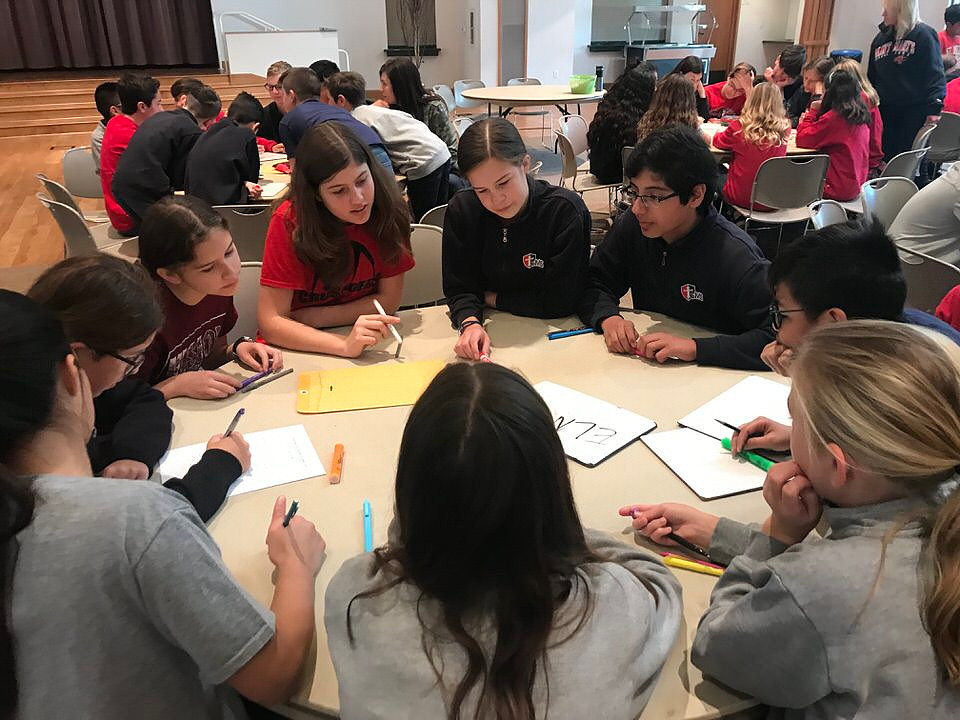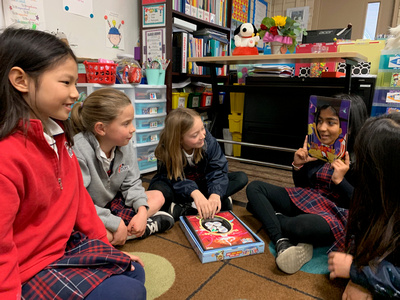Growing up in the sixties in Wisconsin, where frigid temperatures kept us inside eight months of the year, and we only had two television channels, I spent my spare time reading and playing with Barbie dolls. I also played board games, and it makes sense that my favorite game was Barbie, Queen of the Prom. In order to win, you had to have a steady boyfriend, a prom dress, and be elected president of a school club. Hmmm, not so PC in today’s world, but I loved playing with my dad, and I remember being very upset if I ended up with Poindexter as my “boyfriend.”
Fast forward to the eighties and nineties – board games were an important part of family time in my household. I still have a cabinet full of games that we played with our children: Battleship, Monopoly, Scrabble, and the like provided endless hours of entertainment, laughter, and fun. In fact, when our four kids, who are all adults now, come home for holidays, it is a tradition that we play a round or two of Phase 10, just for old time’s sake. And my almost six-year-old grandson loves rummaging through my game cabinet for something he can play – his favorites are Jenga and Guess Who?
In today’s technological world, board games have been replaced by Disney movies and video games. Gone are the days when families gather around the dining room table or cozy up together on the living room floor to spend time enjoying one another’s company. In addition to family bonding, there is great educational value in playing games: critical thinking, deductive reasoning, vocabulary enhancement, social skills, and communication are just a few of the advantages of this lost art. Playing games can be a great stress reliever, and children also learn good sportsmanship traits – teaching our children how to lose gracefully is an important skill to be developed.
Classroom teachers periodically incorporate game days into the classroom routines to promote learning. Our most recent endeavor was Vocabulary Game Day during Catholic Schools Week. Students across the grades worked in teams to sharpen their vocabulary skills by playing games – word searches, Pictionary, crossword puzzles, for example. Student feedback was extremely positive and teachers witnessed that students were engaged, motivated, and having fun with every new challenge.
Lent is just around the corner, and this might be a great time to introduce or re-introduce a weekly family game night into your schedule. To encourage buy-in, have one child choose the game, and another child choose the food (great game nights HAVE to have good food – pizza, nachos, tacos, etc.), and then rotate.
All this reminiscence about games provoked my curiosity, so I did a quick Amazon search for my childhood passion. For just $150, I can, once again, own Barbie, Queen of the Prom. I think I’ll pass, and I’ll be content with faded but fond memories.

| #speaklife #kindnessmatters |

